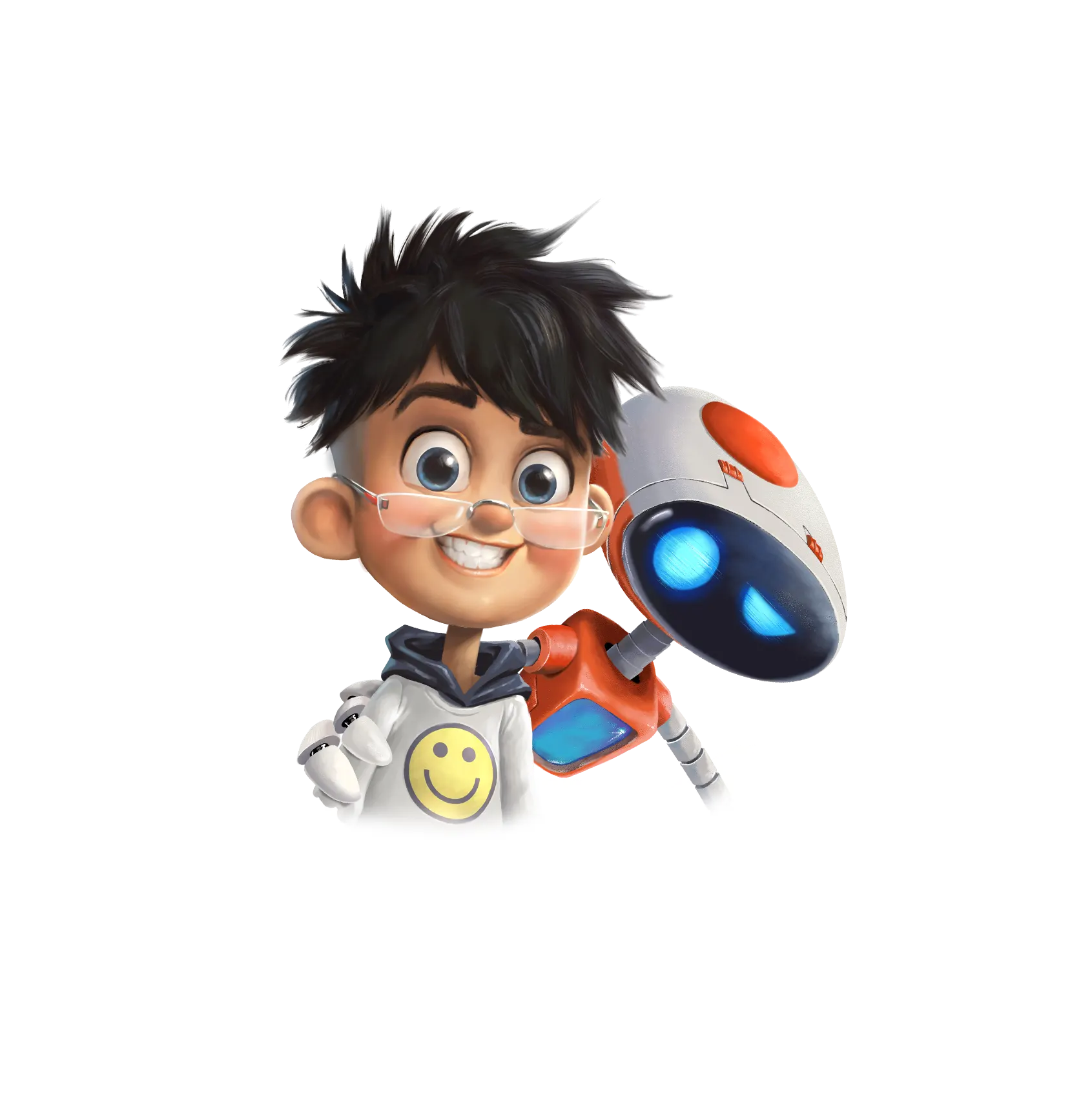An artificial intelligence robot named ChatGPT (Chat Generative Pre-trained Transformer) was created by OpenAI and released in November 2022.
It rapidly attracted attention for its thorough and well-written responses in a variety of subject areas. ChatGPT is flexible even though its primary job is to imitate human conversationalists. For instance, it is capable of writing and debugging computer programs, composing music, teleplays, fairy tales, student essays, writing poetry and song lyrics, writing test answers (sometimes, depending on the test, at a level above the average human test-taker), simulating an entire chat room, playing games like tic-tac-toe, and simulating an ATM.
Beginning this month, OpenAI stated that ChatGPT plugin support would be upgraded, which includes both third-party plugins created by developers like Expedia, OpenTable, Zapier, Shopify, Slack, and Wolfram as well as OpenAI-made plugins like online browsing and code interpretation.
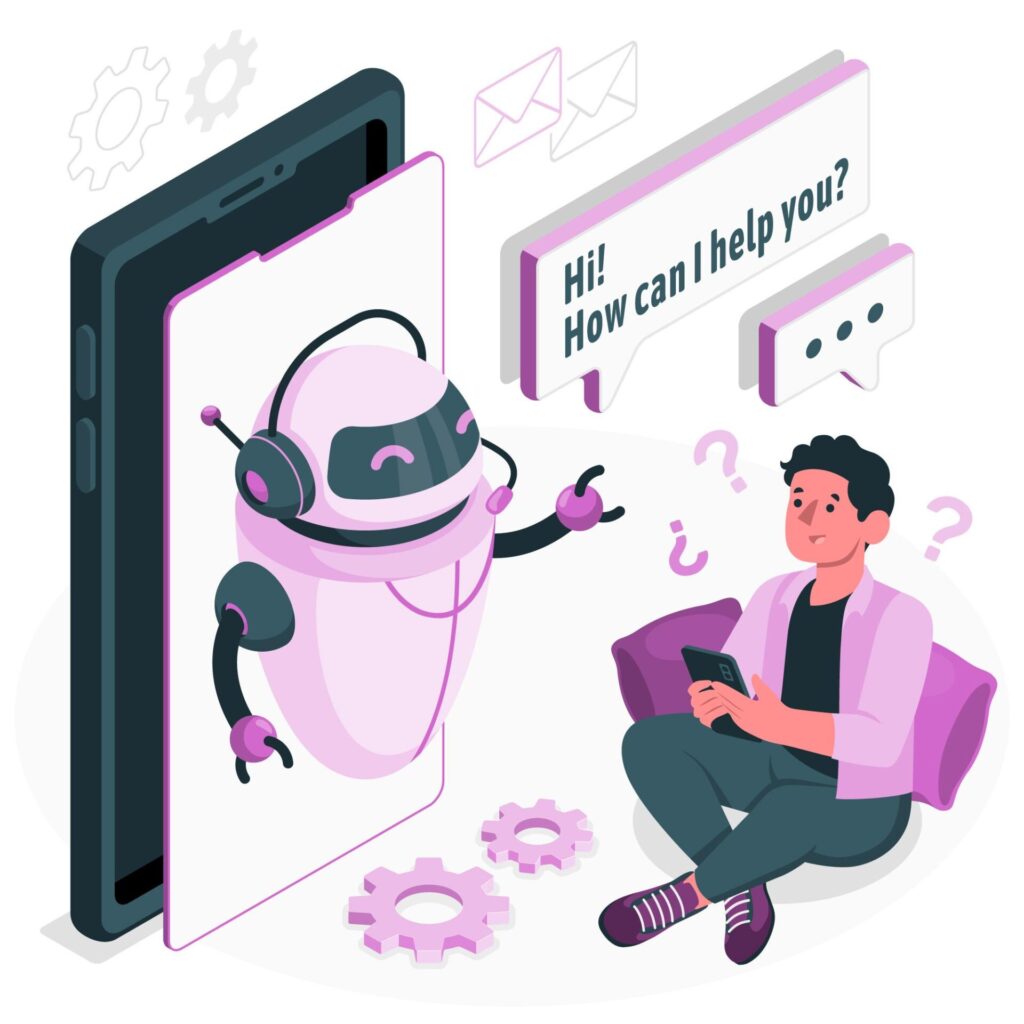
However, it lacks knowledge on incidents post September 2021. ChatGPT occasionally “writes plausible-sounding but incorrect or nonsensical answers,” as per OpenAI. Regardless of real comprehension or factual content, human reviewers favoured longer answers in training ChatGPT. Algorithmic bias affects training data as well, which can be seen in ChatGPT’s responses to queries containing human-related descriptors. ChatGPT is not allowed to “express political opinions or engage in political activism”, as per BBC.
As ChatGPT was made accessible to the general public, hundreds of books bearing its name as author or co-author and featuring pictures created by other AI models like Midjourney debuted on Amazon over the first three months.
Italian daily II Foglio hosted a unique competition for their readers while publishing one ChatGPT-generated story per day on their main website during March and April 2023.
The pieces discussed issues such as Elon Musk’s management of Twitter, the Meloni government’s immigration policy, the potential AI replacement of human journalists, and the rivalry between chatbots and virtual assistants.
The debut of ChatGPT and its dissemination to a larger audience boosted the market’s interest and competition.
Google started rolling out an experimental service dubbed “Bard” in February 2023. It is based on its LaMDA large language model. On March 21, 2023, Bard was made available to US and UK users with a number of restrictions.
Yann LeCun of Meta stated in January 2023 that Meta is hesitant to roll out a competitor right now due to reputational risk, but added that Google, Meta, and several independent startups all separately have a comparable level of LLM technology to ChatGPT should any of them wish to compete. Yann LeCun has called ChatGPT “well engineered” but “not particularly innovative.” Meta launched LLaMA in February 2023; it is a 65-billion-parameter LLM.


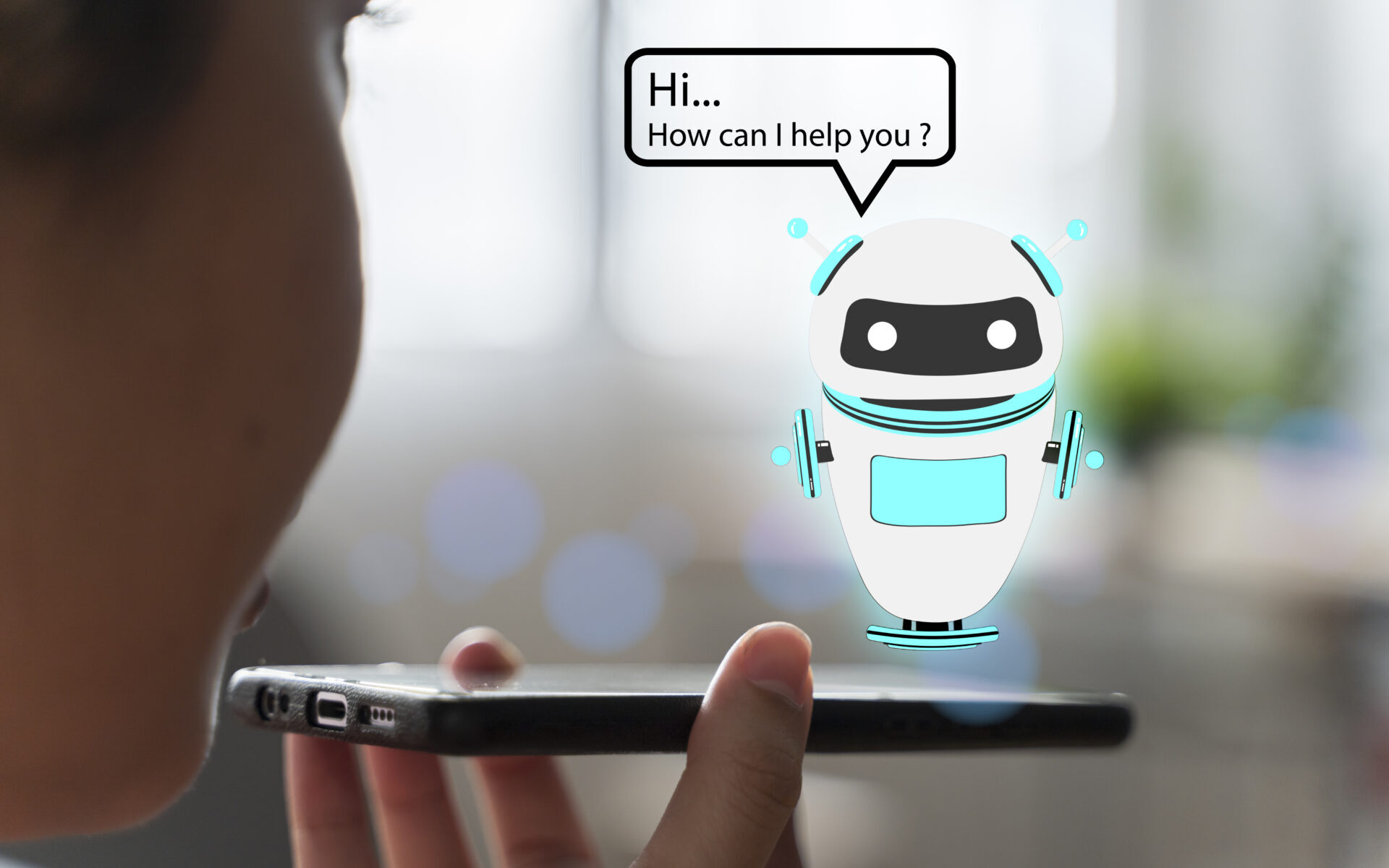
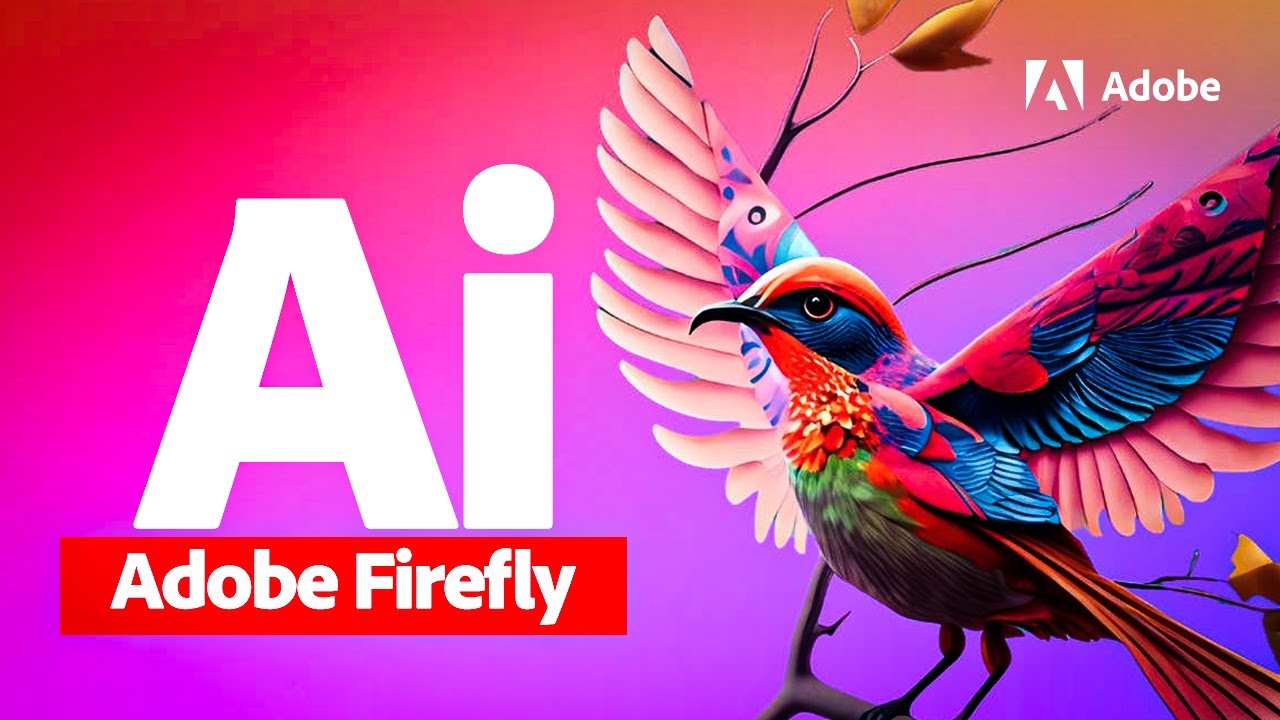
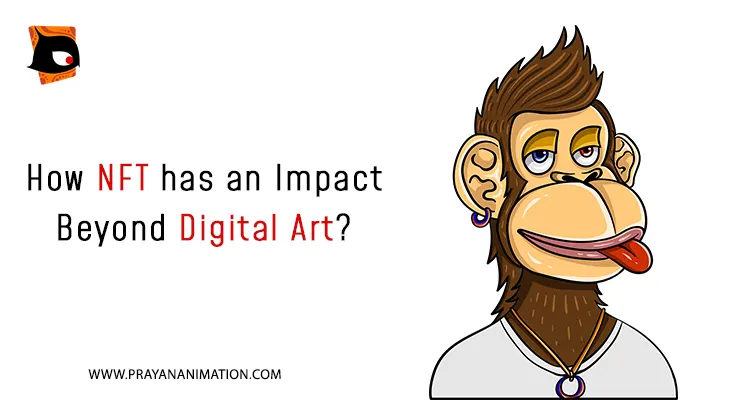

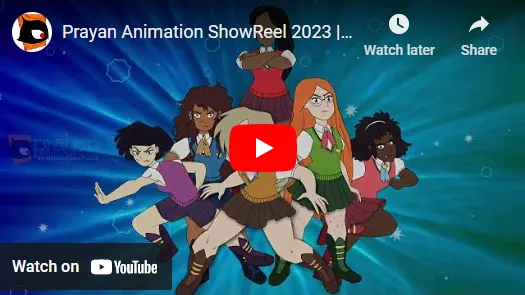

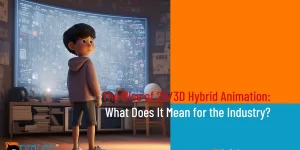






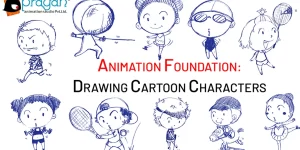
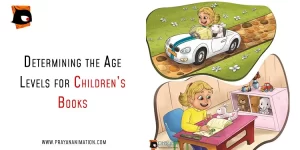
 We can help you.
We can help you. 


